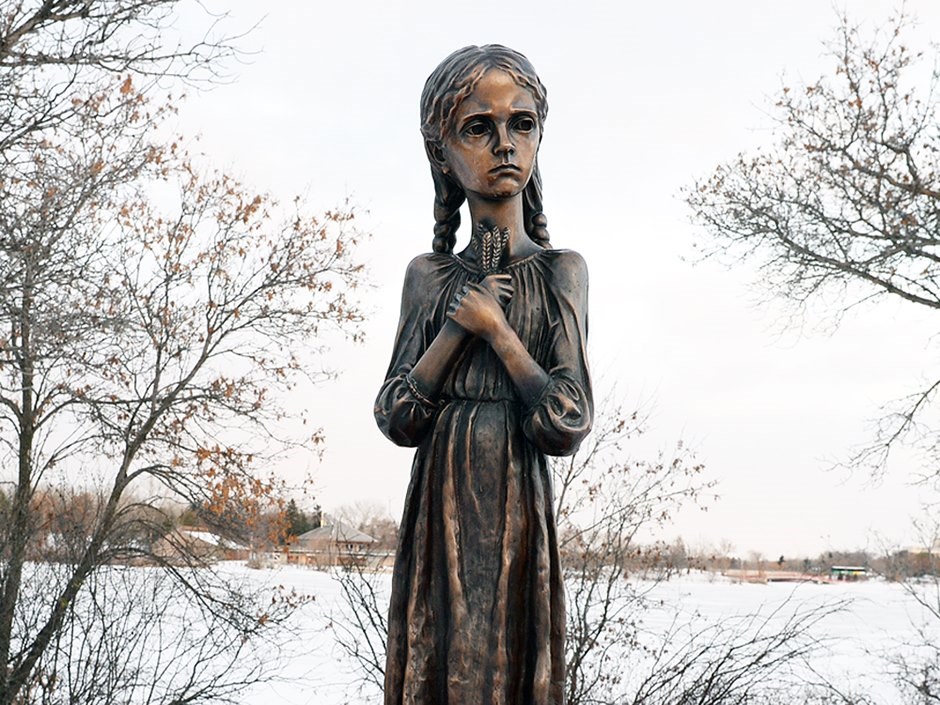REGINA — Saskatchewan will be dedicating time to remember those souls lost to the Ukrainian famine this week, as Holodomor Remembrance Day events fill the calendar.
The final week of November, this year taking place from Nov. 22-27, is dedicated as Holodomor Remembrance Week.
Holodomor, which means “extermination by hunger” in Ukrainian, references when the Soviet Union imposed a man-made famine on the people of the Ukraine in 1932-33. Scholars estimate that somewhere between 3.9 and 7 million people tragically perished as a result.
Saskatchewan was the first jurisdiction in North America to recognize this event as a genocide, in 2008, when the province passed The Ukrainian Famine and Genocide (Holodomor) Memorial Day Act.
Since then, Saskatchewan has held an event to commemorate Holodomor Memorial Day, which occurs in the fourth week of November each year.
On Nov. 23 at noon, a memorial service was scheduled to take place in Regina, as the site of the official Holodomor statue in Wascana Park.
Guest speakers were to include Terry Dennis, minister responsible for Saskatchewan-Ukraine relations advisory committee, and John Denysek, president of Ukrainian Canadian Congress of Saskatchewan.
The UCC Saskatchewan will also be releasing a collaboration of videos, stories, songs, artwork and photos submitted by the public to commemorate Holodomor this year. The collection will be revealed on Nov. 27.
The UCC Saskatchewan have also offered educational resources to teachers across the province.
Those interested in learning more about Holodomor are also invited to a online seminar on Nov. 22 at 5 p.m., hosted by the UCC Saskatchewan’s Holodomor Awareness and Education Committee.
They are also encouraging residents to peruse the website of the National Holodomor Museum, which is located in Kyiv, Ukraine, where a new exhibit of nearly 70 recently discovered letters are on display.
The letters, discovered by a scholar at the University of Cumbria, shed a new light on horror’s of the famine, as the written correspondence share details from the perspective of a South African engineer working in Ukraine at the time — an involuntary witness to the Soviet Union's actions.




